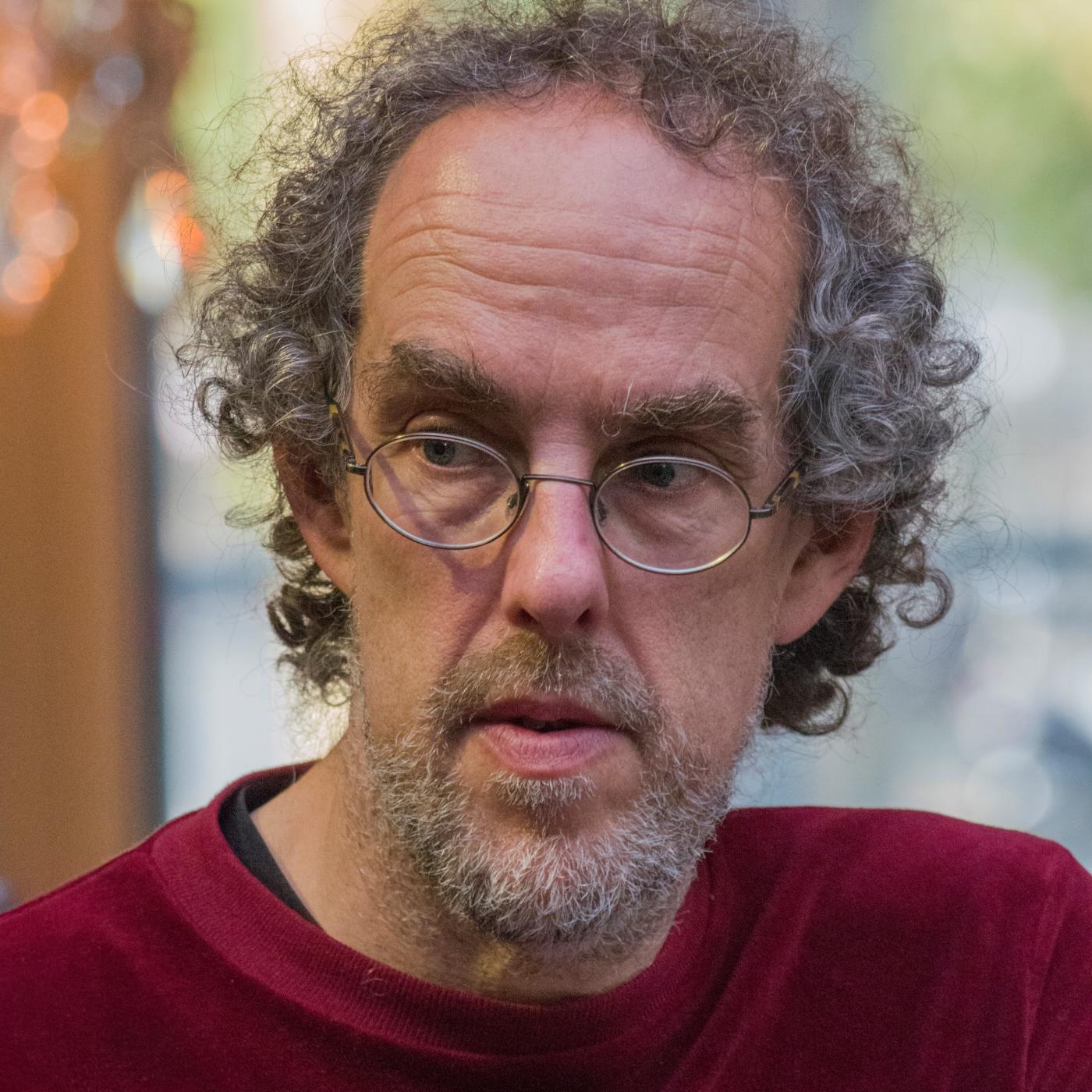Interview philosopher René Gabriëls
Even cosmopolitans can oppose anglicisation

With new elections just around the corner, the future of higher education in the Netherlands is once again up in the air. Internationalisation will also be an important topic for the political parties, which are currently writing their new election manifestos.
René Gabriëls is critical of the increasing use of English. Together with others, he is organising an international symposium at Maastricht University, where scientists and policymakers will discuss the dilemmas and challenges of the anglicisation of higher education.

Why do you think it is so important to preserve Dutch as an academic language?
"The gap between science and society is widening as everything is becoming English. Most citizens rarely speak English, whereas I do so constantly as a lecturer and researcher. Meanwhile, they pay taxes for higher education. That means that, in a sense, they are entitled to know what we as scientists produce. The Dutch language is crucial for bridging the gap between science and society. If we communicate exclusively in English, we create a transnational community of elites that is disconnected from the rest of society.”
Another important issue is that language is a cultural asset. If you want to preserve Dutch culture, you have to maintain and nurture the language at every level. Moreover, if students do not learn to think in Dutch, they will not be able to write properly later on in the workplace, for example in business or government.
Don't you need English for international debate and knowledge exchange?
"Yes, I publish in English, but I also write in German, for example. It is our responsibility as teachers and researchers to promote plurality. Multilingualism is very important. In the past, we could also ask students to read texts in French or German, but that is no longer possible. Now we draw our knowledge one-sidedly from the Anglo-Saxon world. We are committing “linguicide”, language murder, if the Dutch language is not cultivated at all levels."
But can you internationalise without anglicising?
“Of course, I am not against internationalisation; science flourishes as a result. For example, when I conduct research in Chile with a Chilean and a Spaniard, we can communicate and publish in Spanish. That is internationalisation. I am also not against English-language bachelor's or master's programmes. I am only against excessive Anglicisation. And why does it exist? One simple reason: money. Universities are increasingly resembling businesses rather than academic institutions. Every foreign student means money. A maximum of thirty to forty percent of courses should be offered in English. That would attract enough bright minds from abroad. Quality is a matter of selection, not student numbers.”
Are you concerned that government interference in language policy will restrict the independence of universities and academic freedom?
“No, not at all. Universities are accountable to taxpayers. In a democracy, citizens are entitled to have an opinion about education. Their interference in language has no influence on what is researched.”
If international students stay away, universities will have to make even more cuts.
"As if science is all about money. Science is about acquiring knowledge and finding the truth. Moreover, international students are more likely to stay in the Netherlands if they are required to learn Dutch. The university in Aachen, for example, is more international and more successful than the one in Maastricht, but it is not as anglicised."
You are concerned that students are not learning Dutch well enough. But research shows that 90 per cent of graduates say they have no language problems.
“Those graduates may not be bothered by it, but those who have to read their papers are. I have Dutch-speaking students who write texts with enormous language errors. Even when I read papers written by civil servants or administrators, I see that language skills are declining. Language must be cultivated.”
Criticism of Anglicisation often comes from populists.
“Yes, but that shouldn't be the case. I am a cosmopolitan. In terms of language and culture, the Netherlands should tolerate and celebrate diversity. Populists strive for cultural homogeneity instead of cultural diversity. I embody the opposite of what populists say about language."